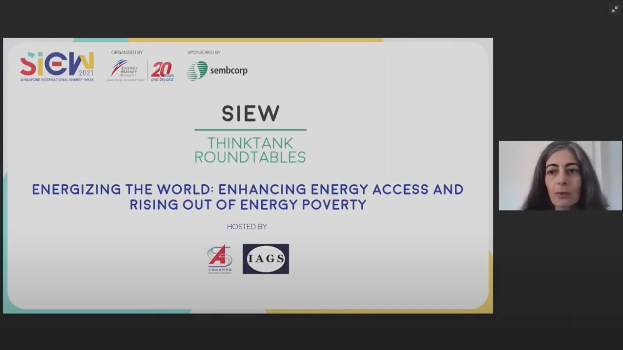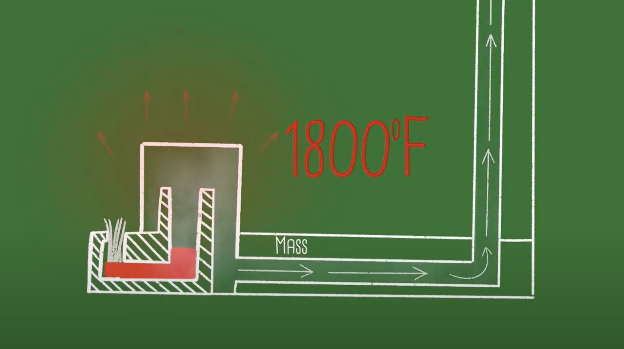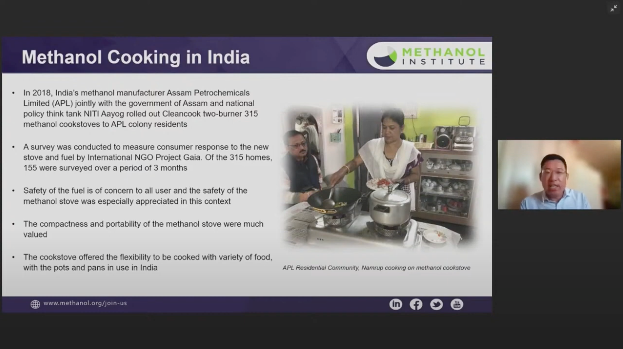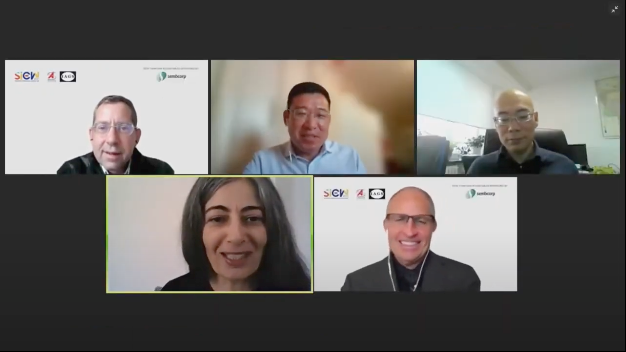
The Chinese Academy of Social Sciences (CASS) and the Institute for the Analysis of Global Security (IAGS) hosted SIEW Thinktank Roundtable which addressed the pressing issue of energy poverty.
The Roundtable started with brief opening remarks by Ms Anne Korin of IAGS introducing the problem: Disruptions to trade, breakdowns of supply chains, shifting national priorities and falling incomes for the world's poorest has impacted energy use and the pace of development. Energy poverty in the wealthier parts of the world is a problem of individuals and families that cannot afford energy but have physical access to energy infrastructure. In the poorest parts of the world, energy poverty is a problem of insufficient and/or unavailable energy infrastructure. Over 750 million people around the globe - mostly in Africa and developing Asia - do not have access to electricity and 1 out of 3 people in the world do not have access to clean cooking fuels. They resort to burning solid fuels in open fires or using inefficient stoves, hence suffering from severe indoor air pollution.

The Roundtable continued with two presentations about practical, affordable, and simple technologies to address the issues of cooking and heating. First was a presentation on Rocket Mass Stoves and Heaters by Mr Paul Wheaton of Permies.com, a world-renowned permaculture expert. He explained that Rocket Stoves require one tenth of the wood and produce 1/100th of the smoke as compared to inefficient stoves. He further explained that Rocket Mass Heaters - a simple non-proprietary technology, are designed for hot burns and insulate the fire to get temperatures over 1800 degrees Fahrenheit, thus burning the smoke and creosote so that the exhaust is extremely clean.

Next, Mr Kai Zhao, Chief China Representative for the Methanol Institute, highlighted the mass proliferation of the methanol cookstoves in China - the alcohol fuel is already used as a cooking fuel in many provinces. It is widely used in restaurants, central kitchens, and increasingly rural areas to replace Liquefied Petroleum Gas and Natural Gas due to safety and cost concerns. A pilot program for cookstoves was undertaken in India, encompassing 315 homes. Methanol is also used in China in small burners for heating, replacing raw coal. In He Bei and Shan Xi provinces, this accounts for over 50,000 households.

The Roundtable then turned to a moderated discussion, featuring Dr Liu Qiang of CASS, Dr Gal Luft of IAGS and Ostim Technical University, Dr Michael Stanley, Lead – Extractives at the World Bank Group, and Mr Kai Zhao. Dr Luft pointed out that over 1.1 billion people around the world are facing cooling poverty. The response of the international community to the problem is unfocused, and the conversation in the upcoming G20 and COP26 is focused on how to de-carbonize or take energy away from people rather than how to bring energy to the poor. Dr Luft said energy access should be viewed as a human right.
Dr Liu highlighted that the last time there were blackouts in China was 15 years ago because of very high demand for industry. More recently, the power shortages were caused by market imbalance - high price of coal and low price of electricity. In response the government adjusted the price of electricity. Dr Liu shared that having technology options is key. He noted that methanol is an affordable option, explaining that for example rural families in Tibet need options like methanol stoves which are more affordable than natural gas or electricity. He said in some areas, PV can be an affordable option for areas not connected to the grid.
Dr Stanley explained that energy access underpins human development and is one of the best tools to erase poverty. He shared that coal was 34% of global electricity in 2020. IPCC has proposed that OECD countries should end coal use by 2030 and all countries by 2040 and 2050. Doing this without going backwards on energy poverty is a very big challenge. For example, millions of workers and tens of millions of communities are built around coal. It is a very big challenge for countries to transition away from coal while ensuring that people and communities are not left behind, and World Bank is very focused on this issue.
SIEW 2022 will be held on 24-28 October 2022! Save the date and sign up for updates on SIEW.